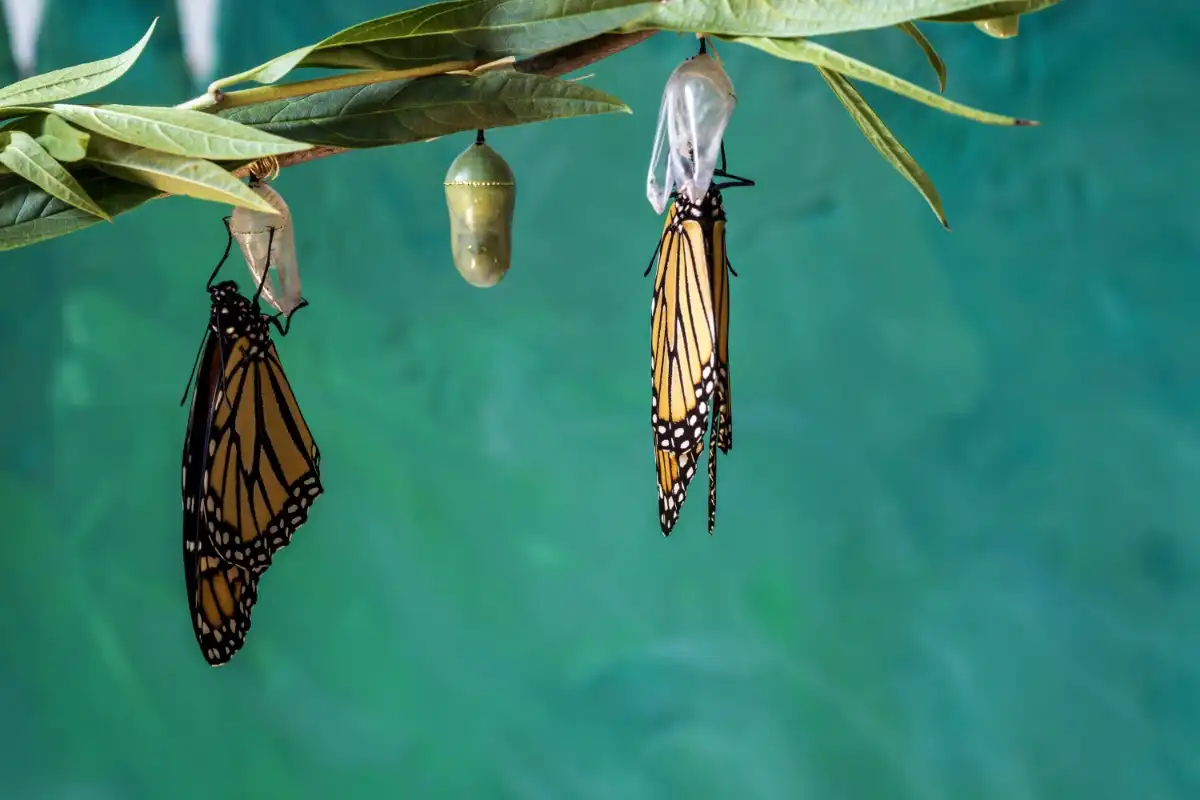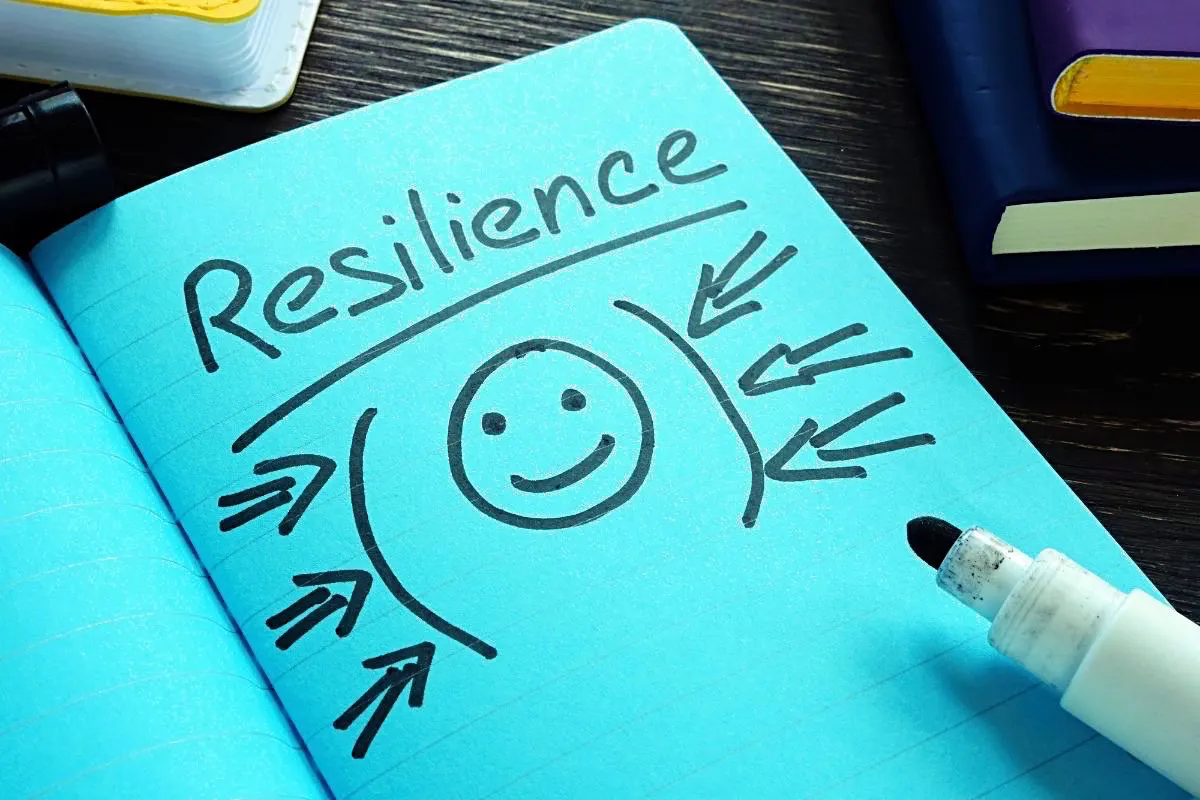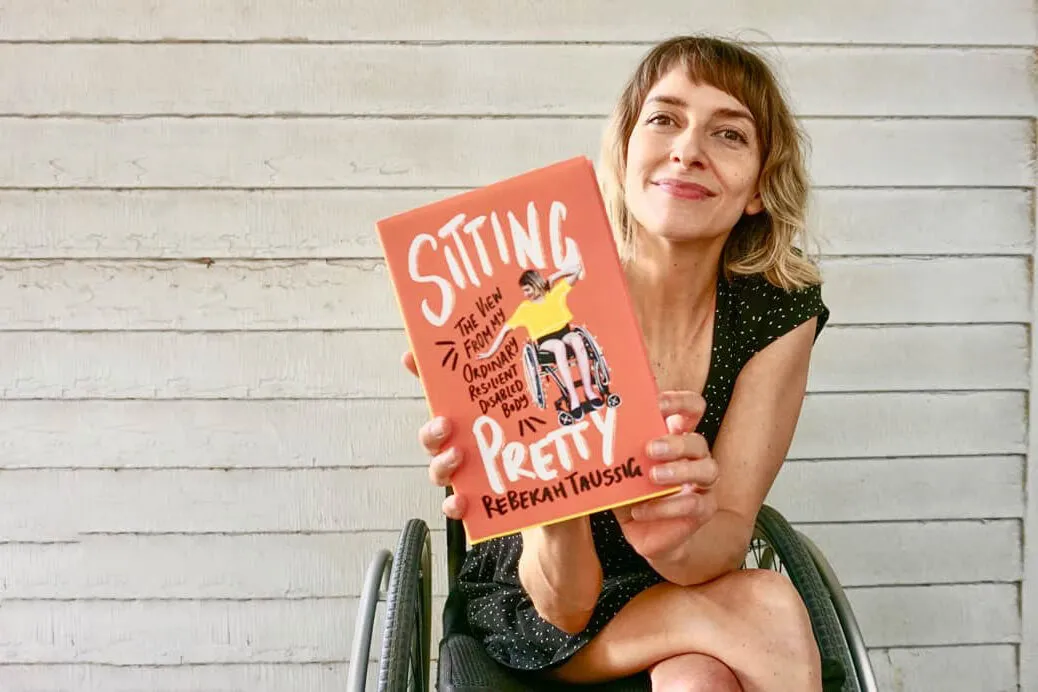Lifting Weights Could Help You Live Longer – Especially Women
We often hear about the benefits of cardio for heart health and longevity, but there’s another form of exercise that’s quietly saving lives: resistance training. That’s right – lifting weights, pushing resistance bands, or even doing bodyweight squats isn’t just for bodybuilders or gym rats. A powerful 2022 meta-analysis study now confirms it’s a lifesaving habit, and it’s especially important for women.

What the Study Found
A team of researchers reviewed data from over ten long-term studies, involving hundreds of thousands of people across different countries. The question they asked was simple: Does resistance training reduce your risk of dying early? The answer was a resounding yes.
They found that people who did at least some resistance training each week had a:
- 15% lower risk of dying from any cause,
- 19% lower risk of dying from heart disease, and
- 14% lower risk of dying from cancer.
But here’s the jaw-dropping part: the benefit was even greater for women.
Women who engaged in strength training saw up to 30% lower risk of death from cardiovascular disease, compared to about 11% for men. That’s nearly three times the benefit.

Why Is It So Effective for Women?
Women, especially as they age, are more prone to bone density loss, muscle weakening, and hormonal shifts that affect heart health and metabolism. Resistance training helps counter all of that:
- It builds lean muscle,
- Increases bone strength,
- Improves balance and mobility,
- Boosts insulin sensitivity, and
- Enhances cardiovascular health.
Think of it as nature’s medicine, no prescription needed.
How Much Do You Need?
You don’t have to train like a pro athlete. In fact, the study found that the sweet spot was around 60 minutes per week – that’s just two or three 20-minute sessions. Going far beyond that didn’t offer much additional benefit in terms of longevity unless you have specific fitness or sports goals.

This is doable. One hour a week. That’s the difference between doing what your body needs versus what you’ve been told it should look like.
What to Do If You’re New
If you’ve never touched a dumbbell before, don’t worry. You don’t need to go heavy or join an intimidating gym.
Start with:
- Bodyweight exercises like squats, lunges, and pushups
- Resistance bands at home
- Beginner-friendly strength classes (many are online)
- Machines at the gym that guide your movement
Focus on good form, not heavy weights. The goal is consistency, not perfection.
My Experience as a Personal Trainer

From my own experience working as a personal trainer, I’ve seen these benefits firsthand – especially in my female clients. Beyond the clear improvements in fitness, many of my female clients have experienced:
- Noticeably better hormonal balance
- Stronger immune system and fewer injuries
- Greater overall well-being
But perhaps even more powerful is what happens mentally. There’s something transformational about seeing a woman realise she can lift heavy, take control of her body, and feel strong. Strength training doesn’t just build muscles – it builds confidence and personal power. You can see it in how they carry themselves, how they move, and how they approach life.
Final Thoughts
We live in a world that often pushes women toward smaller bodies, not stronger ones. But this research flips the script: strength training isn’t about how you look – it’s about how long and well you live.
So whether you’re 25 or 75, picking up that weight or resistance band could be one of the most powerful health choices you make.

Strong is not just beautiful – it’s lifesaving.
Want the detail?
Below are the detailed references to the information provided within this blog:
Shailendra, P., Baldock, K. L., Li, L. S. K., Bennie, J. A., & Boyle, T. (2022). Resistance Training and Mortality Risk: A Systematic Review and MetaAnalysis. American Journal of Preventive Medicine, 63(2), 277–285. https://doi.org/10.1016/j.amepre.2022.03.020
Resistance Training and Mortality Risk: A Systematic Review and MetaAnalysis (Am J Prev Med, 2022)






















































































